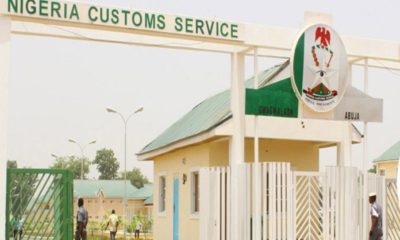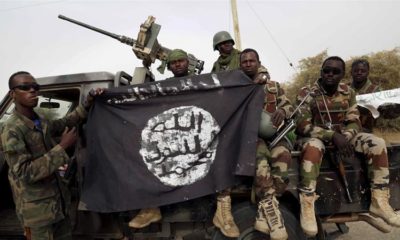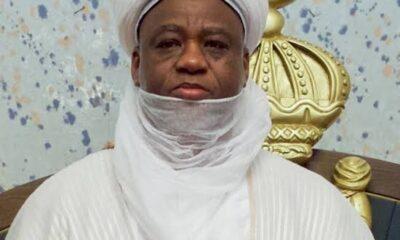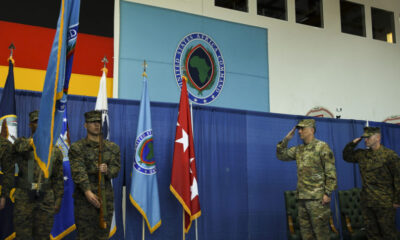United States lawmakers have begun to mount pressure on President Joe Biden over concerns about Nigeria’s human rights records.
Already, a proposed sale of 12 attack aircraft and 28 helicopter engines worth $857 million has been put on hold.
Democrats and Republicans on the Senate Foreign Relations Committee have delayed clearing a proposed sale of 12 AH-1 Cobra attack helicopters and accompanying defence systems to the Nigerian military, pausing a deal worth some $875 million, according to U.S. officials and congressional aides familiar with the matter.
In addition to the helicopters, the proposed sale included 28 helicopter engines produced by GE Aviation, 14 military-grade aircraft navigation systems made by Honeywell, and 2,000 advanced precision kill weapon systems—laser-guided rocket munitions, according to information sent by the State Department to Congress and reviewed by Foreign Policy, a US-based magazine.
It said the behind-the-scenes controversy over the proposed arms sale illustrated a broader debate among Washington policymakers over how to balance national security with human rights objectives.
It said the hold on the sale also showcased how powerfully the US lawmakers wanted to push the Biden administration to rethink the country’s relations with Africa’s most populous nation amid overarching concerns that Nigerian President Muhammadu Buhari was drifting towards authoritarianism as his government has been besieged by multiple security challenges, including a jihadist insurgency.
Foreign policy observed that Western governments and international human rights organisations had ramped up their criticisms of the Nigerian government, particularly, in the wake of its ban on Twitter, systemic corruption issues, and the Nigerian military’s role in deadly crackdowns on protesters after widespread demonstrations against police brutality last year.
Chairman of the Senate Foreign Relations Committee, Senator Bob Menendez, called for a “fundamental rethink of the framework of our overall engagement” with Nigeria during a Senate hearing with U.S. Secretary of State Antony Blinken in June.
Both Menendez and Senator Jim Risch, the top Republican on the Senate Foreign Relations Committee, have therefore placed a hold on the proposed arms sale, according to multiple U.S. officials and congressional aides familiar with the matter, who spoke to Foreign Policy on the condition of anonymity.
The details on the proposed sale were first sent by the US State Department to Congress in January before then former US Vice President Joe Biden was inaugurated as president, according to officials familiar with the matter.
Nigeria has relied on US arms sales in the past to help address multiple security challenges, including the 12-year insurgency by Boko Haram militants in the country’s northeast, a spate of high-profile kidnapping-for-ransom campaigns targeting schoolchildren in the country’s North-west, and deadly clashes between the country’s semi-nomadic herders and farmers fueled by climate change and environmental degradation of the country’s arable land.
The State Department, it was said, described the US-Nigeria relationship as “among the most important in sub-Saharan Africa” and had provided limited funding for various military training and education programmes.
Some experts said the United States should hit the pause button on major defence sales until it could make a broader assessment of the extent to which corruption and mismanagement hobble the Nigerian military and whether the military was doing enough to minimise civilian casualties in its campaign against Boko Haram and other violent insurrectionists.
“There doesn’t have to be a reason why we don’t provide weapons or equipment to the Nigerian military,” said Judd Devermont, Director of the Africa programme at the Center for Strategic and International Studies, a think tank.
Continuing, he added, “But it has to be done with an assessment of how it will actually, one, change the direction of conflict in Nigeria, and, two, that they will use it consistent with our laws. In both cases, it’s either a question mark or a fail. There is a culture of impunity that exists around abuses by the military,” said Anietie Ewang, the Nigeria researcher at Human Rights Watch.
Ewang cited the Nigerian military’s killing of unarmed protesters during the country’s massive #EndSARS demonstrations against police corruption and brutality last year as well as cases documented by human rights organisations of abuses in the military’s campaign against Boko Haram.
“I’m sure it’s a difficult situation. There are so many conflicts springing up across the country now. The authorities, I presume, are trying to do the best they can to save lives and properties. But this must be done in accordance with human rights standards. You can’t throw one out just to be able to achieve the other.”
Nigerian Embassy in Washington did not, however, return a request for comment, foreign policy claimed.
In the past, the Nigerian military had dismissed reports of human rights abuses by its soldiers as baseless and accused human rights groups of undermining the military’s resolve to combat terrorism.
But the United States had scrubbed proposed arms sales to Nigeria in the past on a case-by-case basis.
Former US President Barack Obama’s administration cut back arms sales to Nigeria over concerns about civilian casualties and human rights abuses, including blocking a 2014 sale of Cobra helicopters by Israel to Nigeria.
During that time, US officials reportedly voiced concerns that Boko Haram had infiltrated the Nigerian military—an accusation that provoked indignation from the Nigerian government.
These moves severely strained US-Nigeria relations, with Buhari accusing Obama of having unintentionally “aided and abetted” extremist groups by refusing to expand military cooperation and arms sales.
In late 2017, then US President Donald Trump’s administration agreed to sell the Nigerian government 12 A-29 Super Tucano warplanes, resurrecting a proposed sale the Obama administration froze after the Nigerian Air Force bombed a refugee camp that January.
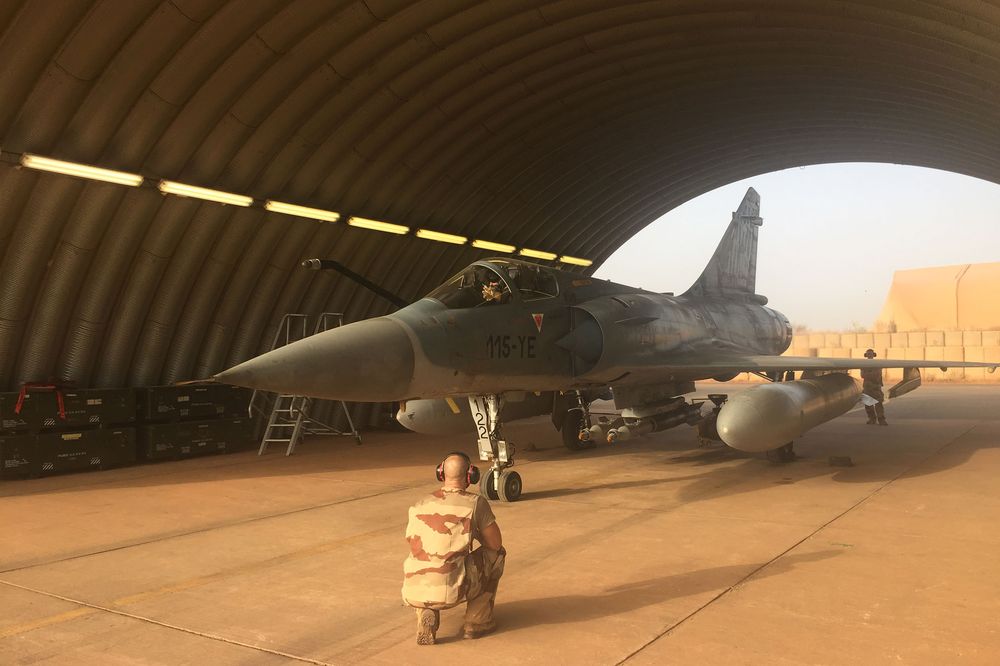

 Forex3 weeks ago
Forex3 weeks ago


 Naira2 weeks ago
Naira2 weeks ago
 Billionaire Watch2 weeks ago
Billionaire Watch2 weeks ago




 Naira2 weeks ago
Naira2 weeks ago




 Naira4 weeks ago
Naira4 weeks ago




 Naira2 weeks ago
Naira2 weeks ago


 Naira7 days ago
Naira7 days ago
 Banking Sector4 weeks ago
Banking Sector4 weeks ago



